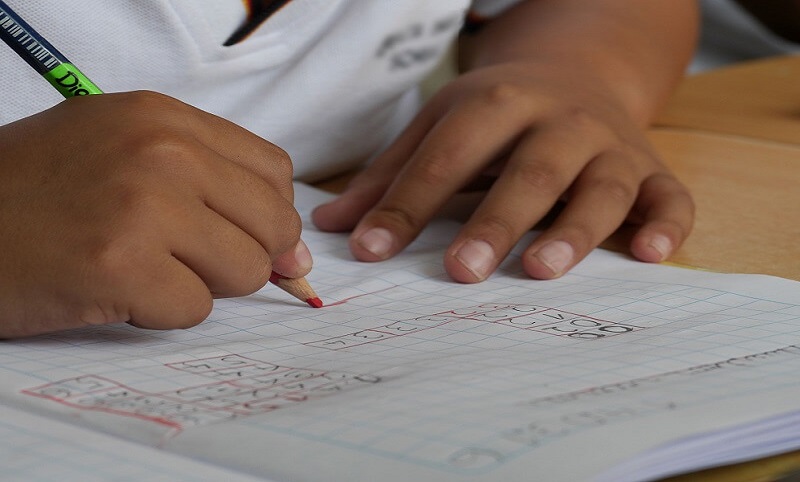
Dysgraphia is a neurological disorder characterised by a difficulty in handwriting. Having dysgraphia doesn’t make a child lazy. Writing involves a number of complex skills including visual and language processing, use of working memory, and fine motor skills- all properly coordinated. This means for a child to write, they need to first process what they have seen or heard, what they want to write, how they should write it and finally translate these into marks, letters, or characters. Sometimes you may find that this skill is poorly developed and this may not be due to any underlying issues except the time it takes for children to develop and perfect these skills. But, if there was an underlying issue how would you as a parent/carer or educator know? The answer is: there are indications that can be seen which may suggest the presence of an underlying problem. The final diagnosis of the presence of dysgraphia would only be made by educational psychologist after due assessment and fine motor assessment input from an occupational therapist.
Below are some indicative signs that a child might have dysgraphia:
As in most cases of neurological difficulties, early intervention can be very helpful. There are also several activities which can be done both at home and in the school to support children with dysgraphia.
Remember, no concern is trivial. So, if you notice anything unusual or have concerns about a child, please consult a licensed professional or a pediatrician.

From Basirat Razaq-Shuaib Yes! My book “I am not naughty- I really really mean it!” made the finalist selection of the British Council ELTons Innovation […]
Read More
Last month I went to a primary school to do a book reading. This book reading program is a pioneering initiative of The Winford Centre […]
Read More
The child comes first, always. The way to address an issue is to first talk about the issue. In talking about it, we want to […]
Read More
Teachers play a critical role in the lives of children for which we will be eternally grateful. But there is no denying that teaching can […]
Read More
Dear parent, carer, educator and concerned individual out there, it is very possible that you may notice an unusual pattern with a child’s development or learning […]
Read More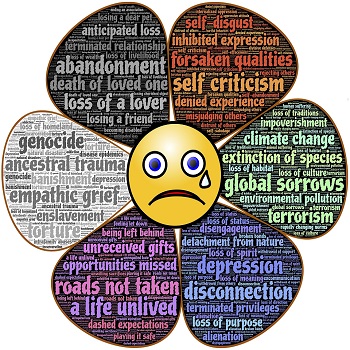
As parents, carers and educators, we have the responsibility of looking out for children in our care as they are considered vulnerable. This is especially […]
Read More
Many times, you may find that if you tell an adult with Autism or a parent who has a child with Autism that their child […]
Read More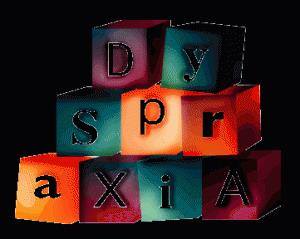
Dyspraxia also known as Developmental Coordination Disorder is a motor disorder which affects gross and fine motor skills in infancy and early childhood. It is […]
Read More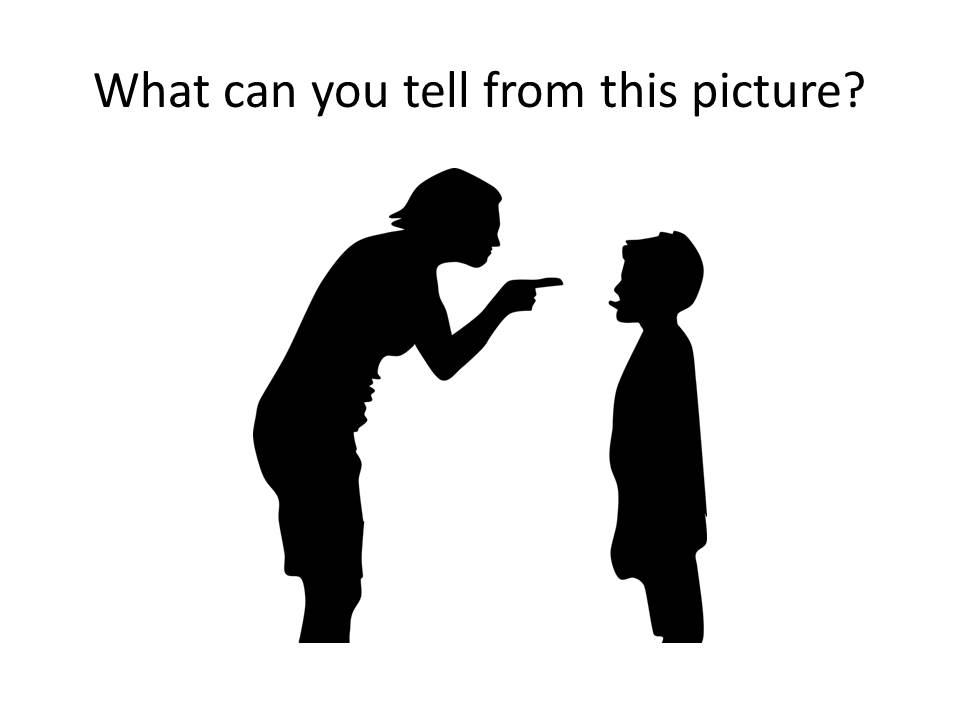
Lead by example Teach Model Nurture Groom Show love Show understanding Be compassionate Encourage positive behaviour and attitude Have faith in self Don’t be the […]
Read More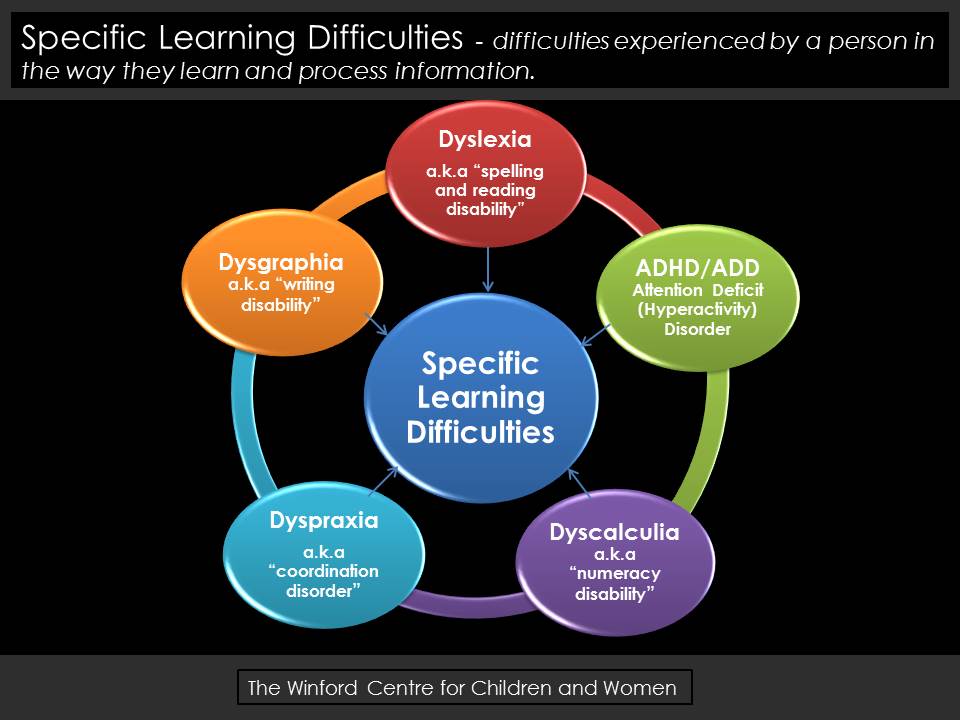
As your children start to grow, you may notice that they are struggling with certain areas of their learning. Sometimes, this may be as a […]
Read More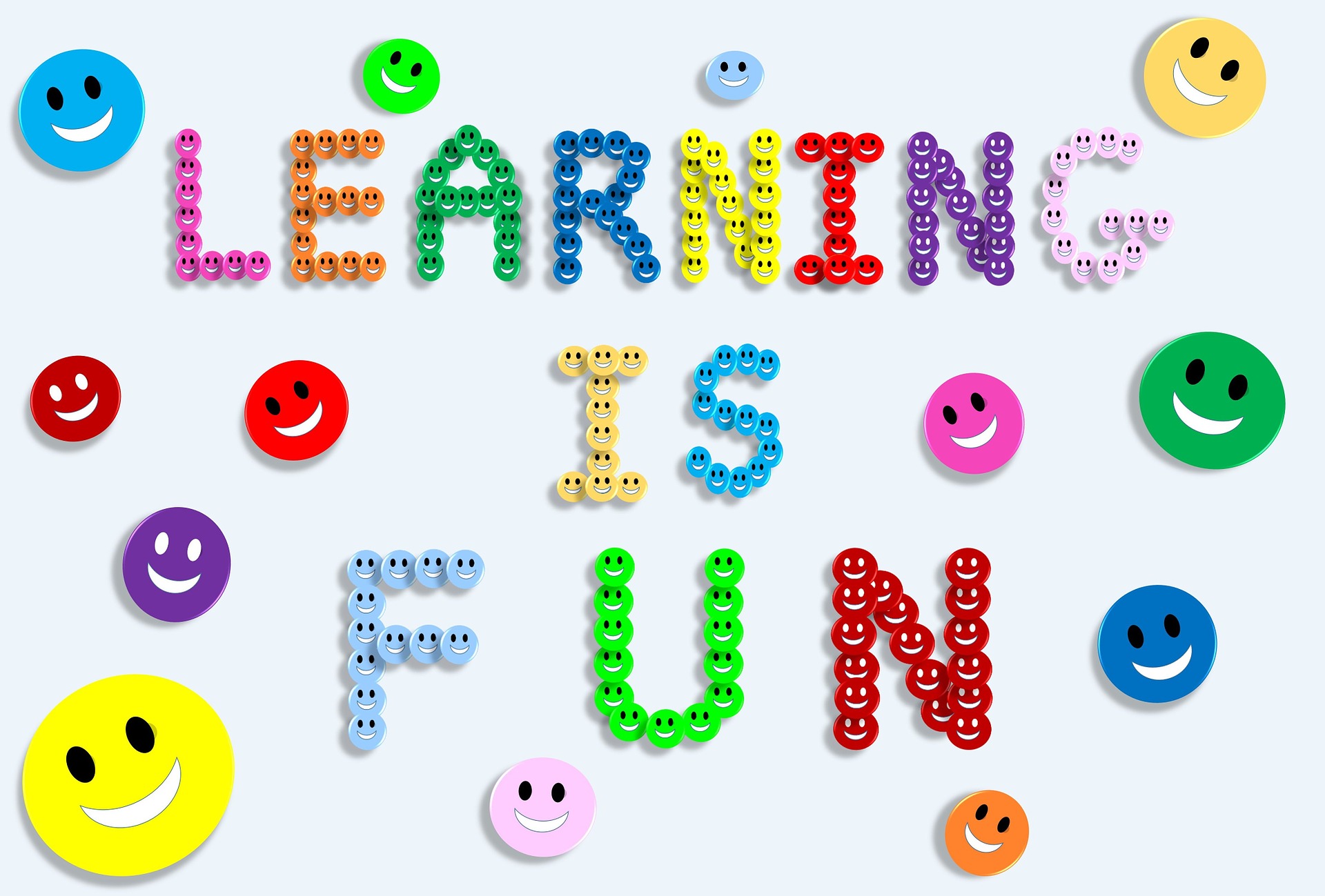
All children learn at different paces, and it is not uncommon to find that special needs children can take a bit longer to learn basic […]
Read More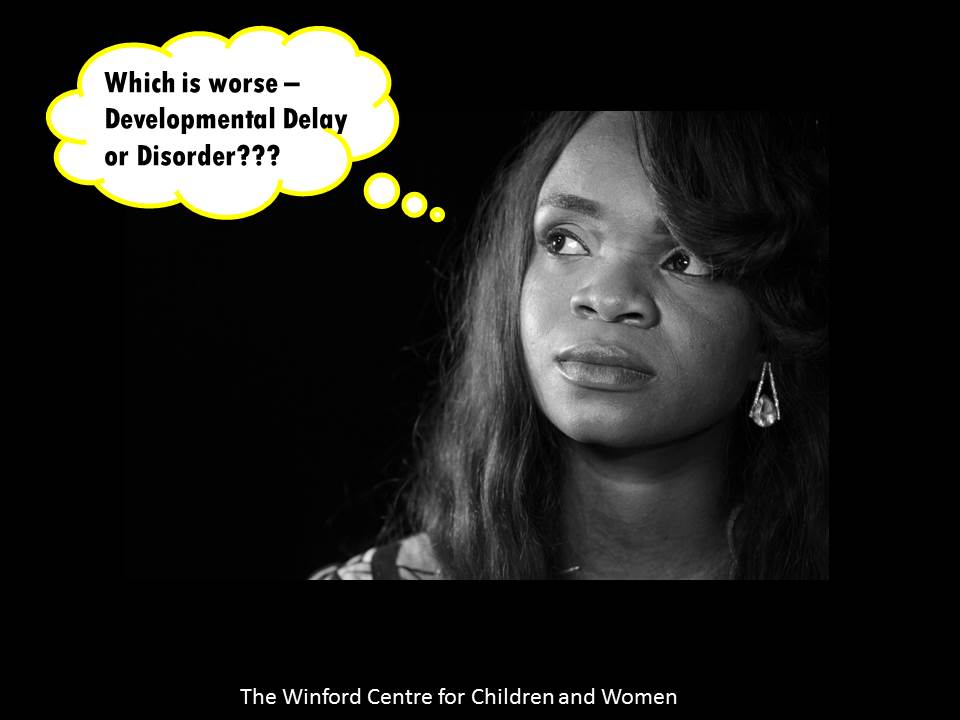
Without understanding fully what either term means, you are probably thinking one is worse than the other. This is not necessarily so. Somewhere in your […]
Read More
Yes it is possible for your children to see the world without spending a fortune. Buy them books If you can’t afford new books, […]
Read More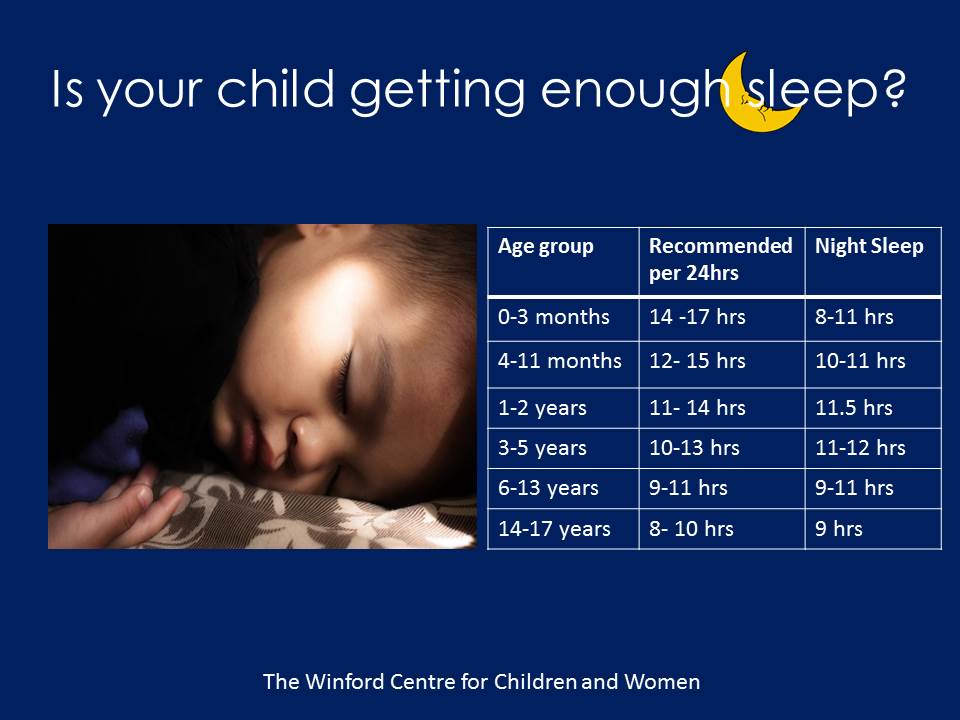
You are busy…very busy. You have to work and make ends meet. So your child like an adult, starts their day at 5.00am. They need […]
Read More
This is a society where we believe “it takes a community to raise a child”. Therefore, we are automatically entitled to giving parenting advice to […]
Read More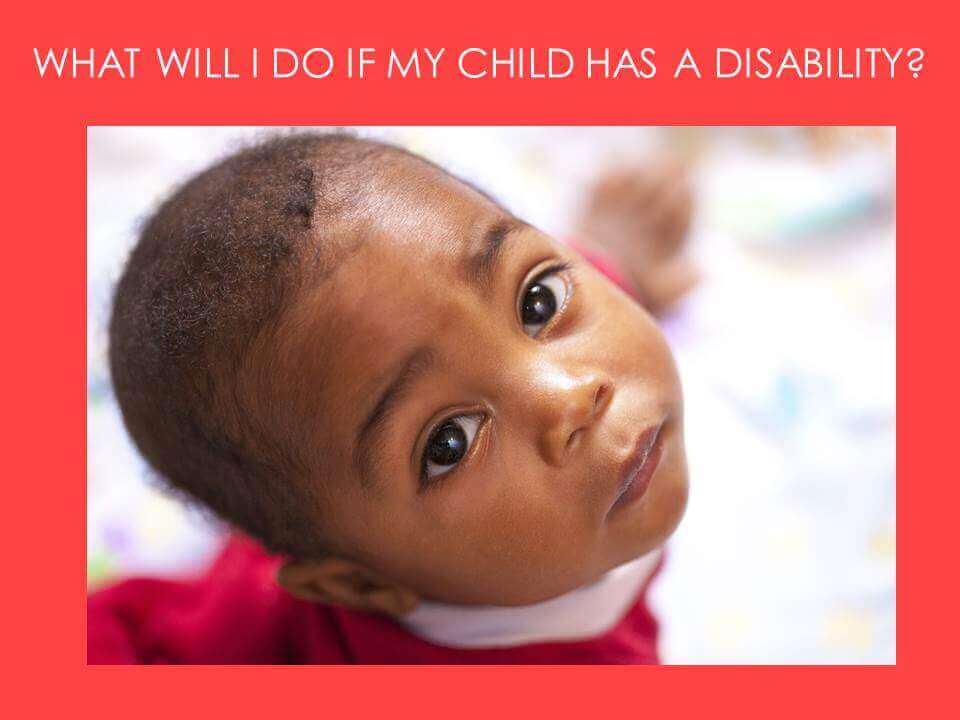
God forbid!!! It is not my portion!!! Ok let’s stop there. It is just a question (one worth giving a thought). A disability is not […]
Read More
Vulnerability means to be susceptible to being harmed or hurt. All children are vulnerable but those with special needs or disabilities are considered even more […]
Read More